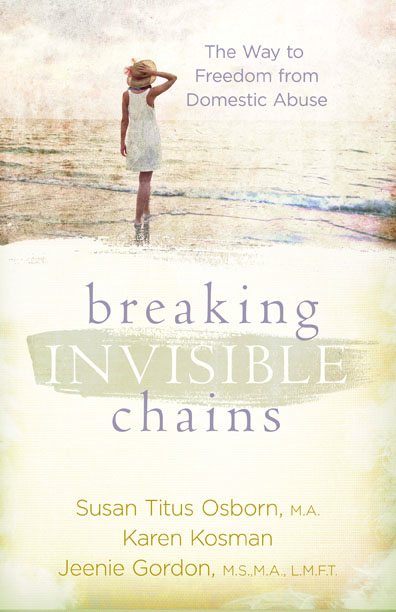Here are pitfalls five through eight to avoid. Nine to 12 will be given next week. Hopefully these will help you polish your writing.
5. Watch for Monotonous Sentences
Have you ever gone to a boring lecture where the speaker droned on in a monotone? Perhaps it was the lecturer’s tone that put you to sleep. Since your readers can’t hear you, change your tone by varying the length of your sentences. Also vary the structure of your sentences.
6. Watch for Unclear Material
Sentences that don’t flow well can be detected by reading them aloud. Also, have someone else read your manuscript and edit it. I cannot emphasize enough the importance of belonging to a critique group. Form one with local writers in your area or other writers online and meet regularly.
7. Watch for Incongruities
If you are writing a historical story set during World War II, don’t have the characters watch television. It wasn’t invented yet. Also, many words came into our vocabulary after World War II. Check to see when a word came into use if there is any doubt in your mind.
8. Watch for Loose Ends
Did you drop a character in your story? If you edit out a character or a piece of furniture, don’t let it pop up later. People who aren’t as close to your story as you are will be able to see loose ends better than you are.


